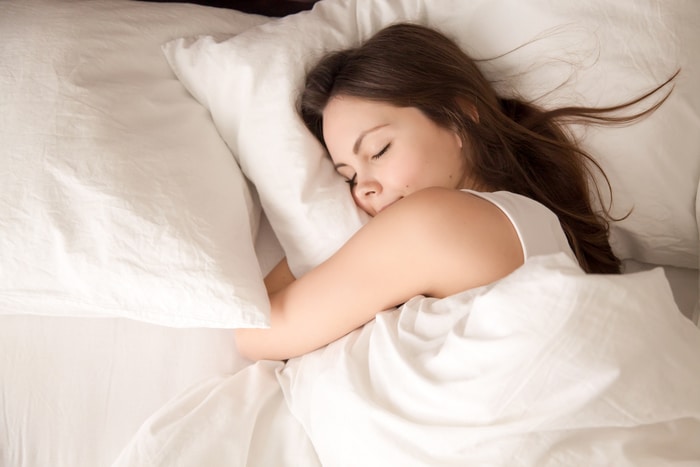Many Americans – over a third – are not sleeping enough, according to the CDC. The CDC has even gone so far as to call it a public health epidemic. Sleep is an essential part of our lives but it seems that many of us are not getting enough of it. It is important to understand why sleep is important and what it does.
How much should you be sleeping?
Before you can get the right amount of sleep, you need to know just how much you need to aim for. That question mostly depends on how old you are:
- 0 to 3 months – 14 to 17 hours per day
- 4 to 11 months – 12 to 15 hours per day
- 1 to 2 years old – 11 to 14 hours per day
- 3 to 5 years old – 11 to 14 hours per day
- 6 to 13 years old – 9 to 11 hours per day
- 14 to 17 years old – 8 to 10 hours per day
- 18 to 25 years old – 7 to 9 hours per day
- 26 to 64 years old – 7 to 9 hours per day
- 65 and older – 7 to 8 hours per day
What happens during sleep?
We sleep in cycles of non-REM and REM sleep that repeats every 90 minutes. REM stands for rapid eye movement. There are various stages of sleep that we go through:
- Non-REM (75% of the sleep) happens when we begin to fall asleep and it is composed of three sub-stages:
- N1 – Very light sleep – between being awake and falling asleep.
- N2 – Actual sleep where you disengage from reality and your breathing and heart rate becomes regular.
- N3 – Deep sleep where energy is restored and growth hormones are released. Tissue growth and repair also occurs during this period.
- REM (25% of the sleep) happens every 90 minutes and lasts longer the later into the sleep period you are in. REM is the period of sleep in which dreams happen, so that’s why you will often be in a dream when you wake up.
What does sleep actually do?
Sleep is something of a mystery. The bottom line is that no one is totally sure why we need it and what it actually does. It must be essential because back in the day when humans were constantly in danger from prehistoric predators, shutting down for several hours must have been incredibly risky.
There are some theories as to what sleep actually does. One theory is that sleep allows the brain to recharge because studies have shown that the brain uses about half as much glucose during sleep as it does in waking hours. Another theory is that, during sleep, the brain is washing and cleansing itself of toxins and waste.
Will you die without it?
This is something that, for obvious reasons, has not been tested on humans. However, it has been tested on rats. In rather grim experiment in the late 1980s, rats were prevented from sleeping and they all died or were almost dead within 11-32 days. There was no anatomical reason for the rats’ deaths but they had all lost weight despite eating more, and they looked generally haggard.
Humans, however, seem to be more resilient. In 1965, a 16-year-old student named Randy Gardner decided to stay awake for 11 days and 24 minutes. He suffered from various psychological issues during the experiment, including mood swings, irritability, and loss of concentration. He survived and is still alive today. When he was studied, it was found that different parts of his brain were shutting down for rest, even though he was awake. Rats aren’t able to do this, which could be one of the reasons why they die without sleep and we do not.
How can you improve your sleep?
One thing you could try and do to improve your sleep could be to try a different sleeping position – the most comfortable sleeping position for you could be out there, and all you need to do is find it. You could also try getting a new mattress – one that is comfortable and supportive.
You could also change your behavior during the day. Exercising in the daytime, as well as being exposed to natural light, can make you feel more ready for sleep. You should also avoid nicotine and caffeine after midday because the effects of those can last up to eight hours.


